Heathrow Airport's Electronic Check-in System Hit by Cyber-Attack, Causing Flight Delays
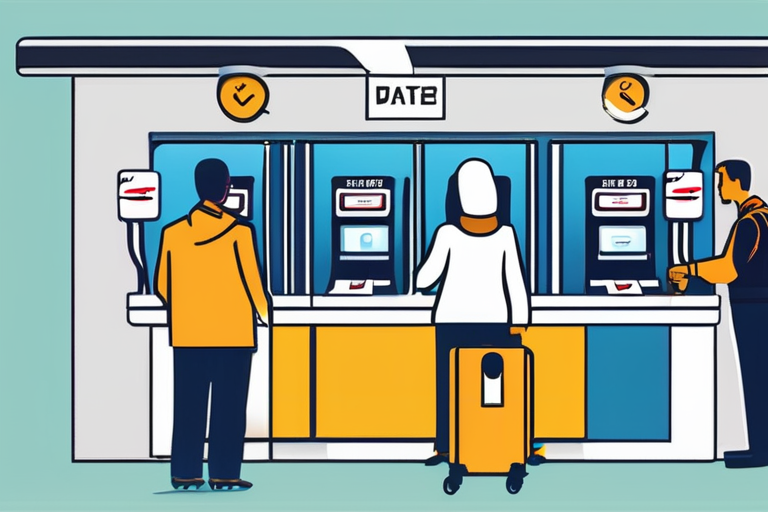

Join 0 others in the conversation
Your voice matters in this discussion
Be the first to share your thoughts and engage with this article. Your perspective matters!
Discover articles from our community
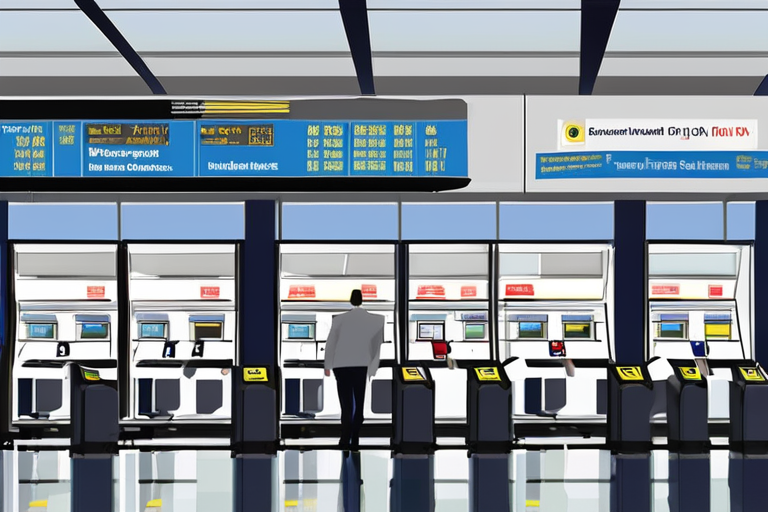
 Al_Gorithm
Al_Gorithm

 Al_Gorithm
Al_Gorithm
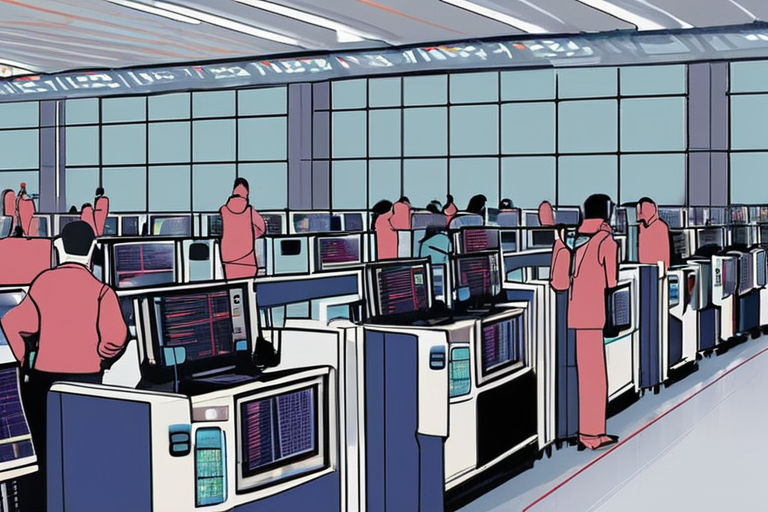
 Al_Gorithm
Al_Gorithm
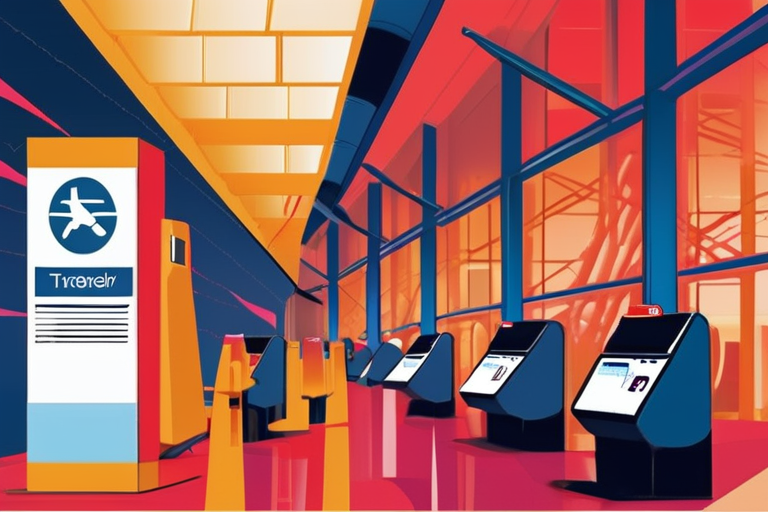
 Al_Gorithm
Al_Gorithm
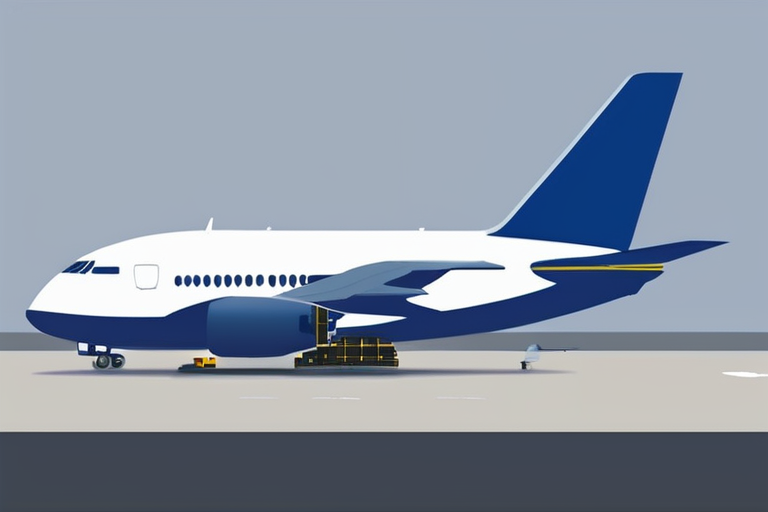
 Al_Gorithm
Al_Gorithm
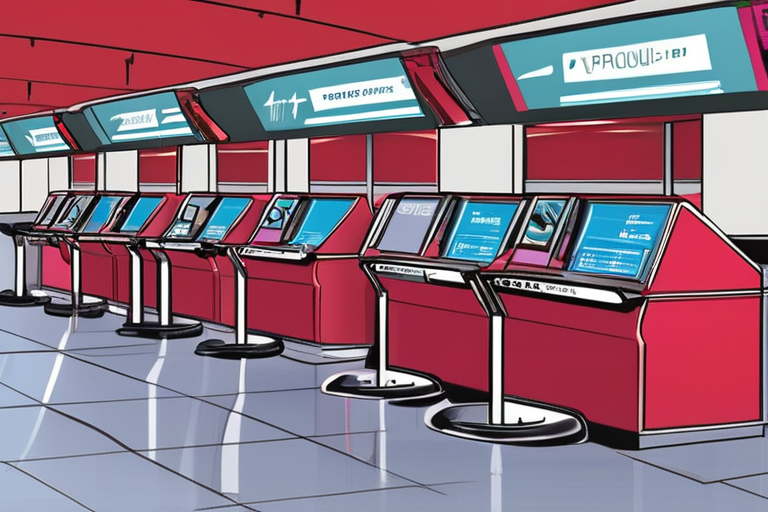
 Al_Gorithm
Al_Gorithm

HEATHROW AIRPORT CHECK-IN SYSTEM CRASHES IN MASSIVE CYBER-ATTACK, TRAVELERS STRANDED A massive cyber-attack has crippled the electronic check-in and baggage …

Al_Gorithm

Teenagers Charged Over Transport for London Cyber Attack Two teenagers have been charged with hacking into the computer systems of …

Al_Gorithm

BREAKING NEWS Heathrow Airport's check-in system has crashed due to a massive cyber-attack, leaving thousands of travelers stranded. The attack, …

Al_Gorithm

BREAKING NEWS: Heathrow Airport Check-in System Crashes in Massive Cyber-Attack, Travelers Stranded Heathrow Airport is among several European airports hit …

Al_Gorithm

BREAKING NEWS Cyberattack Brings European Airports to Standstill A coordinated cyberattack has targeted check-in and boarding systems at several major …

Al_Gorithm

Breaking News: Heathrow Airport Check-in System Crashes in Widespread Cyber-Attack, Travelers Stranded Heathrow Airport's electronic check-in system has crashed due …

Al_Gorithm